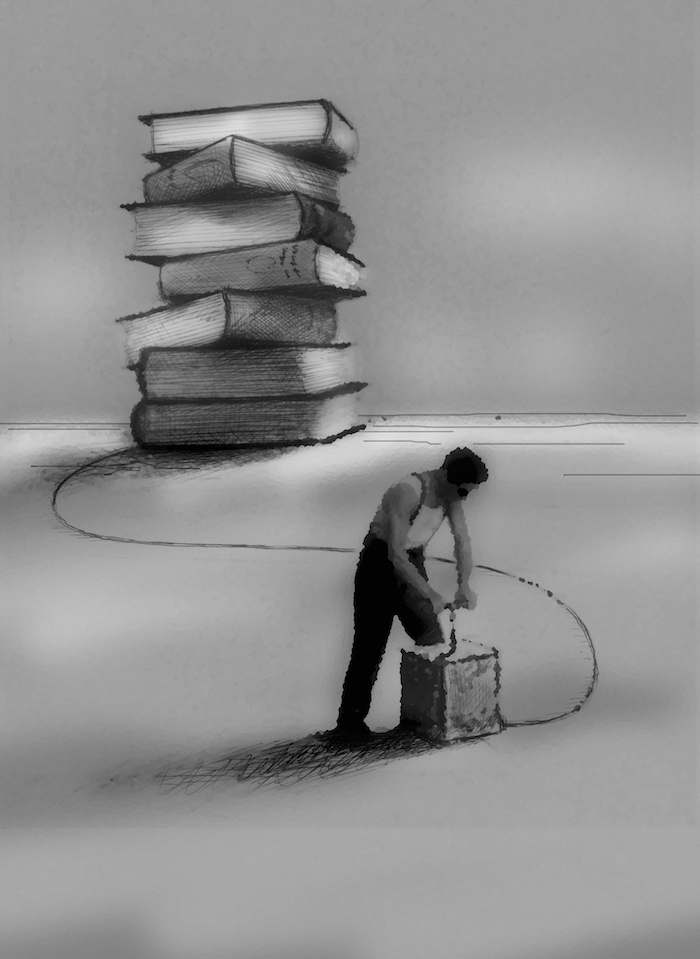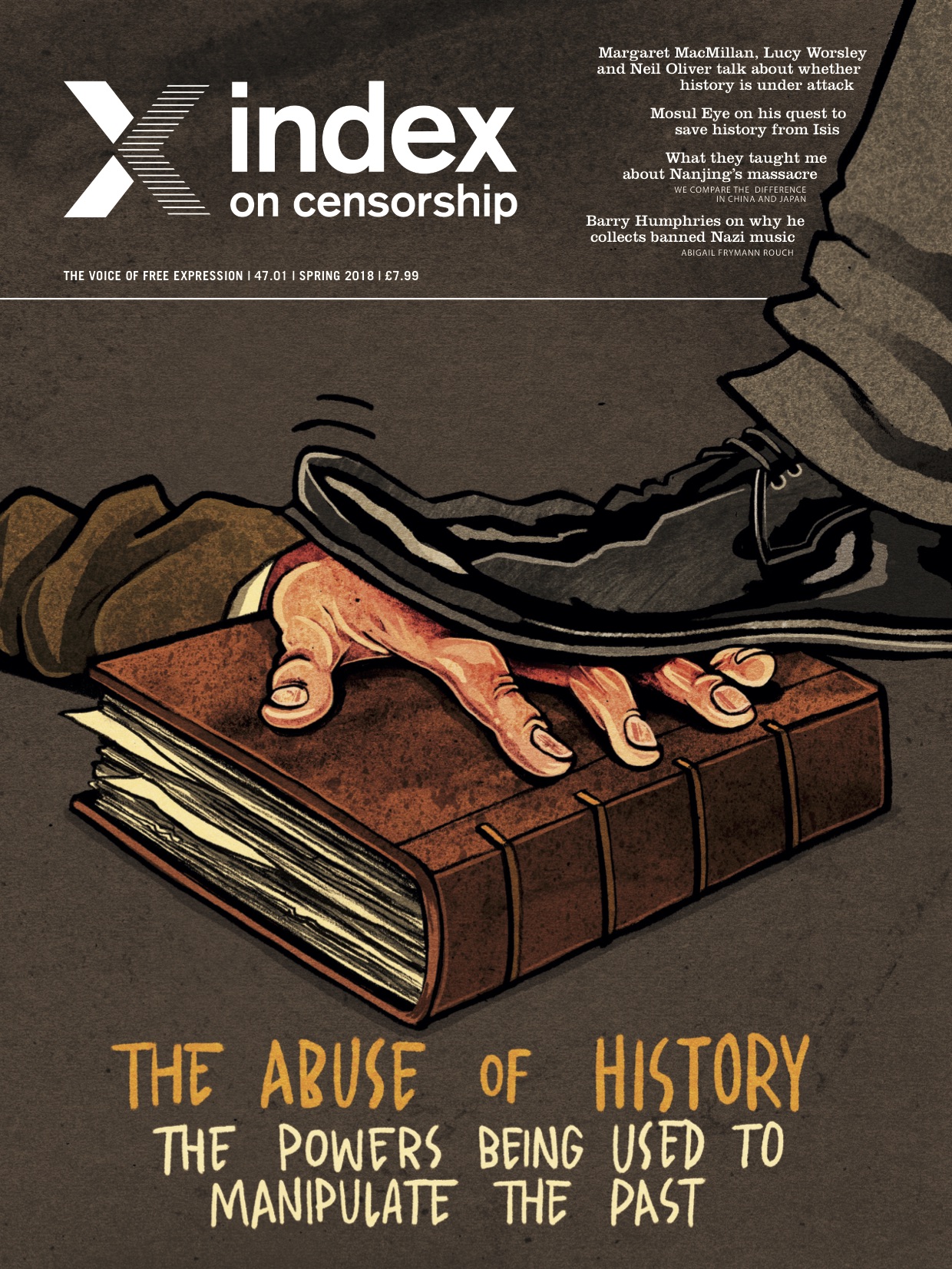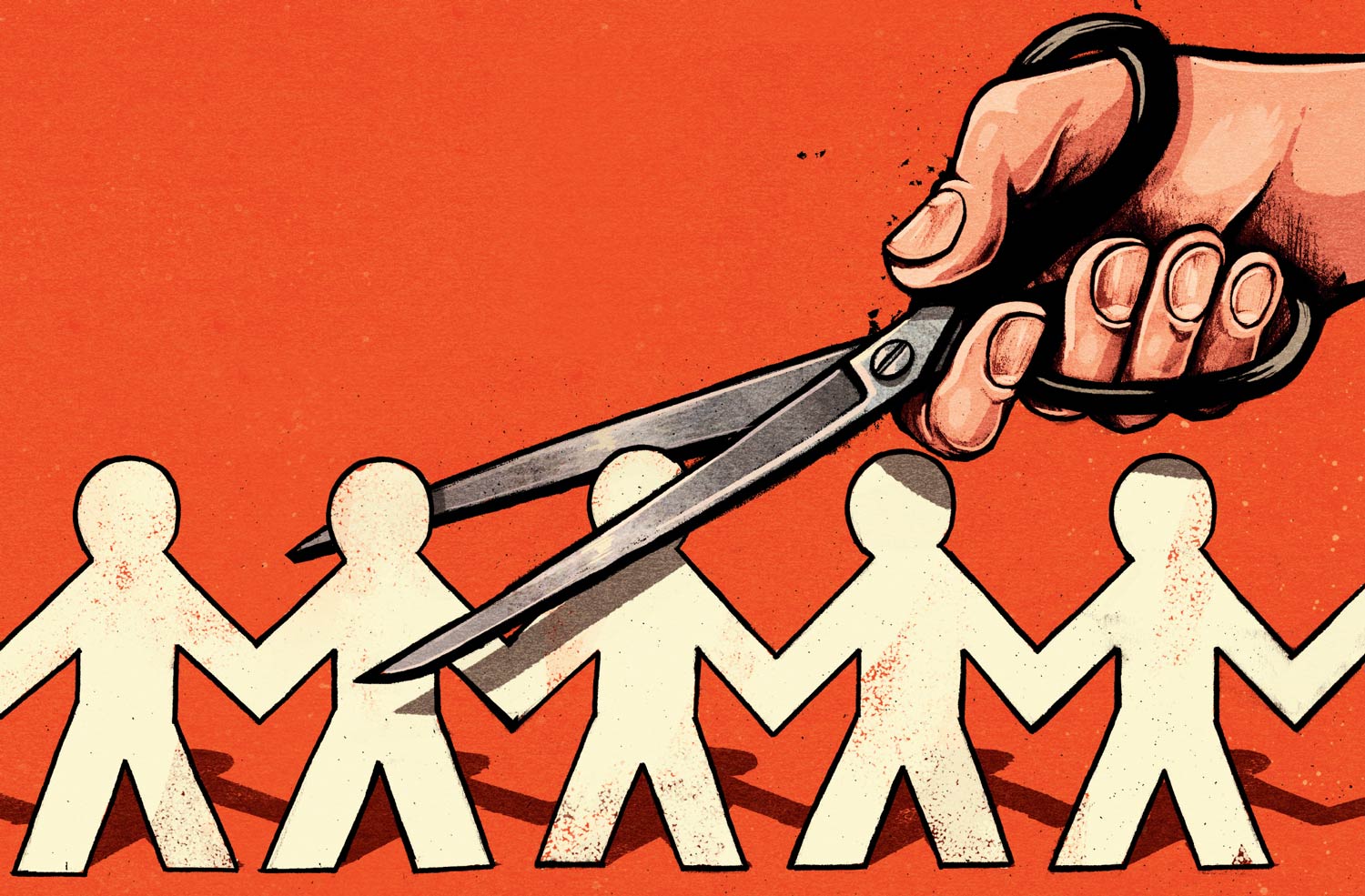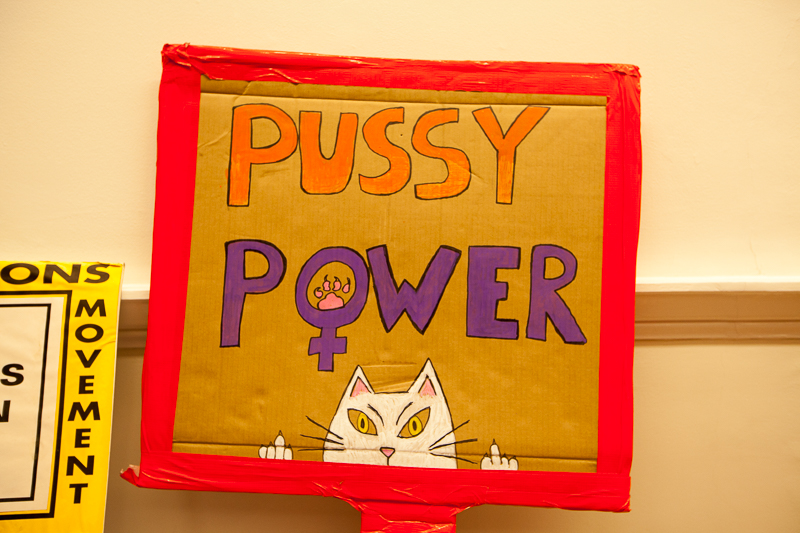We spoke to three leading authors – David Olusoga, Juan Gabriel Vásquez and Javier Cercas – about taboos in their own countries, the issues that people are not talking enough about and the stories that might be currently manipulated


We spoke to three leading authors – David Olusoga, Juan Gabriel Vásquez and Javier Cercas – about taboos in their own countries, the issues that people are not talking enough about and the stories that might be currently manipulated

Manipulating history is part of the political playbook right now, Rachael Jolley argues

[vc_row][vc_column][vc_column_text][/vc_column_text][/vc_column][/vc_row][vc_row][vc_column][vc_column_text] The spring 2018 issue of Index on Censorship magazine takes a special look at the abuse of history and how governments and powers alike are...

Try our quiz looking at how history is manipulated through the ages

The spring 2018 issue of Index on Censorship magazine takes a special look at how governments and other powers across the globe are manipulating history for their own ends

he spring 2018 issue of Index on Censorship magazine explores how across the globe, governments and various groups are using their powers to change their narratives – and manipulate history. Lucy Worsley talks about the Tudor Court and Margaret MacMillan discusses how Germany rewrote its past in the interwar period. Louisa Lim says she wouldn’t be able to write her critically acclaimed book on the Tiananmen Square Massacre today. And Irene Caselli meets the duo behind a museum in Cuba seeking to readdress the country’s dissident past. Elsewhere in the magazine bestselling Palestinian author Abbad Yahya talks to Index about the threats against his life, Laura Silvia Battaglia examines how refugees in Italy are self-censoring themselves in order to fit into their new society and ahead of the release of her new book, award-winning author Christie Watson writes an exclusive short story for Index.

Women of the Wild West have been omitted from popular history and culture, but they’re finally receiving airtime, writes Jan Fox

Close down freedom of expression for those you don’t like and you turn them into freedom-of-expression heroes, writes Jodie Ginsberg

Rachael Jolley, editor of Index on Censorship magazine, and Jodie Ginsberg, CEO of Index on Censorship, discuss our right to protest.

Index on Censorship magazine celebrated that launch of its winter 2017 magazine with an evening exploring the legacies of iconic protests from 1918 and 1968 to the modern day
A quarterly journal set up in 1972, Index on Censorship magazine has published oppressed writers and refused to be silenced across hundreds of issues.
The brainchild of the poet Stephen Spender, and translator Michael Scammell, the magazine’s very first issue included a never-before-published poem, written while serving a sentence in a labour camp, by the Soviet dissident Aleksandr Solzhenitsyn, who went on to win a Nobel prize later that year.
The magazine continued to be a thorn in the side of Soviet censors, but its scope was far wider. From the beginning, Index declared its mission to stand up for free expression as a fundamental human right for people everywhere – it was particularly vocal in its coverage of the oppressive military regimes of southern Europe and Latin America but was also clear that freedom of expression was not only a problem in faraway dictatorships. The winter 1979 issue, for example, reported on a controversy in the United States in which the Public Broadcasting Service had heavily edited a documentary about racism in Britain and then gone to court attempting to prevent screenings of the original version. Learn more.